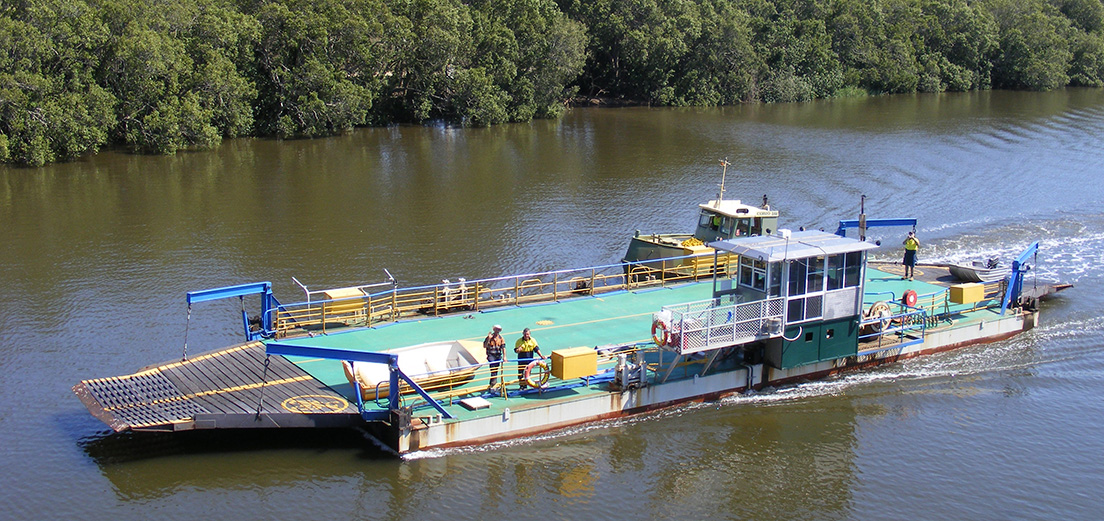Residents of the North West region of New South Wales can save a combined $71 million on fuel over the next five years if the Federal Government implements a strong Fuel Efficiency Standard, a new report from Solar Citizens has revealed.
The Solar Citizens team will join Geni.Energy and FIMER as they officially launch the report, alongside a community EV charging station at 65 Barwan Street, Narrabri from 11:00am on Tuesday, May 15th 2023.
The “Recharging the North West” report, based on data from the Australian Bureau of Statistics, found:
A Fuel Efficiency Standard aligning with our the EU would save North West NSW motorists $71 million over the next five years in reduced fuel costs
Regional Australia as a whole would save nearly $4 billion
The reduced pollution would be particularly helpful in the North West NSW area because the region’s rate of lung conditions is 2.4% compared to the national average of 1.7%
The number of electric vehicles in the region would likely boom from 22 in 2020 to over 5705 in five years if the Federal Government brought in Fuel Efficiency Standards matching other countries.
Solar Citizens Regional Clean Transport Organiser Ben Lever said North West NSW residents could not afford to lose $71 million in savings offered by embracing this clean transport policy.
“Regional communities like mine and those in the North West are hit hardest by rising fuel costs, because we drive more large vehicles, drive further, and pay more at the petrol pump,” Mr Lever said.
“Fixing Fuel Efficiency Standards would mean more fuel-efficient cars would be sent to Australia by car companies, including a much better range of electric vehicles. Australia has the weakest fuel efficiency standards in the world, so car makers send us their most polluting cars. The North West and the nation, deserve better.”
Geni.Energy Managing Director, Sally Hunter reiterated the important role EVs will play in rural and regional communities and in agriculture.
“Electric motors have less than one-tenth of the moving parts of a traditional diesel engine, and they don’t require regular servicing. These time and money savings to a farm, business, or even a family are massive. Many farms in the northwest state that diesel is their largest farm cost,” Mrs Hunter said.
“A major risk to the agricultural industry is our reliance on imported diesel. A model of agriculture that produces its own electricity to power its own vehicles provides for a more resilient industry, saving money and reducing emissions.”
The event is part of Solar Citizens’ regional , which is taking one of Australia’s first commercially available electric utes around regional Australia to talk to locals about the benefits of electrifying our transport, and the challenges that will need to be overcome to spread those benefits to all Australians.








